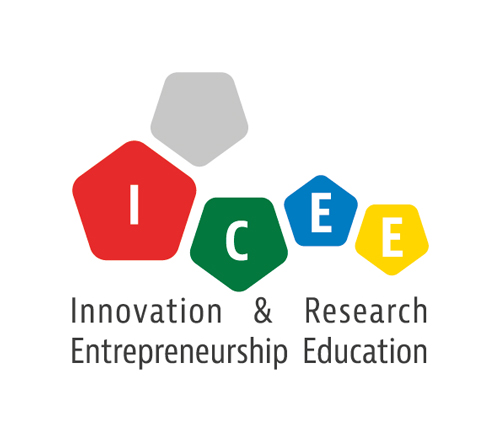First Results
Participating in a mini company improves self-efficacy and school performance of students in special education

Students in special education benefit highly of participating in a mini-company, shows preliminary results of a study on entrepreneurship education from five European countries.
The Innovation Clusters for Entrepreneurship Education (ICEE) is a 3-year research project and policy experiment in five European countries. It measures the impact of mini-companies in several areas, distinguishing between students with medium/high activity (defined as 100 hours or more), low activity (-100 hours) and no activity. Students receiving special education and with medium/high mini-company participation had higher scores on self-efficacy, project management, problem solving and social competence, as compared to students receiving special education and with low or no CP-participation.
Related, a recent study from Norway indicated that mini-companies were a suitable teaching method for improving academic performance among students receiving special education. Among students receiving special education in lower secondary schools, mini company participants had significantly higher grades in Written Norwegian and Mathematics, and the Grade Point average was also higher. The study was published in Scandinavian Journal of Educational Research.
The proportion of pupils assessed to have special needs has increased in Europe over the past decade. Vast resources are spent on special education, but previous studies suggest that resources and teaching methods applied for special education do not have the expected impact. The new research contends that many elements of mini companies seem to be favorable towards students with special needs. The mini company method involves practical learning situations, groups are heterogeneous involving students with and without special needs, there is close cooperation between students and between students and the teacher, and many mini company teachers have confidence in the method. A vast majority of students with special needs reported that they were satisfied with the mini company as an educational method, that they enjoyed working with the other students, and that they were able to use their skills and knowledge in the company.


 ICEE project has been funded with support from the European Commission, Erasmus+ Programme. This website reflects only the views of the author, and the Commission cannot be held responsible for any use which may be made of the information contained therein.
ICEE project has been funded with support from the European Commission, Erasmus+ Programme. This website reflects only the views of the author, and the Commission cannot be held responsible for any use which may be made of the information contained therein.